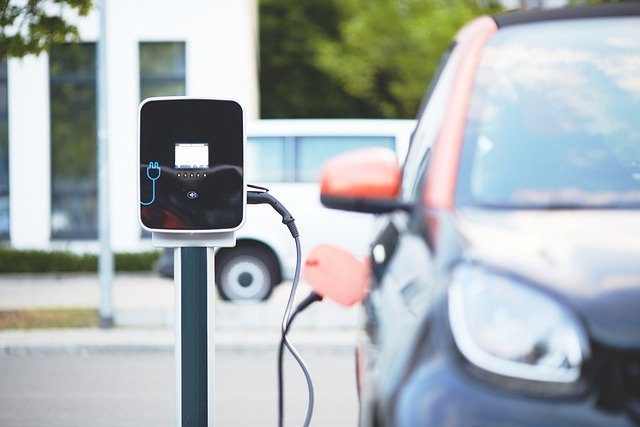The Electric Car Revolution: A Comprehensive Guide to Modern Sustainable Transportation
The automotive industry is experiencing a profound transformation as electric vehicles (EVs) become increasingly mainstream. These zero-emission vehicles represent not just a technological advancement, but a fundamental shift in how we think about transportation and environmental responsibility. From improved battery technology to expanding charging infrastructure, electric cars are rapidly evolving to meet the demands of modern drivers while addressing climate change concerns.

The Rise of Affordable Electric Options
The market has witnessed a surge in accessible electric vehicles, with models like the BYD Dolphin leading the charge in the compact hatchback segment. These newer entries combine practical design with advanced technology, making electric mobility more attainable for average consumers. Manufacturers are increasingly focusing on entry-level and mid-range options to accelerate EV adoption.
Range and Charging Infrastructure
One of the most significant improvements in electric vehicles has been the expansion of driving range capabilities. Modern EVs can typically travel between 200-400 miles on a single charge, depending on the model and conditions. The growing network of charging stations, including fast-charging options, has helped address range anxiety and made electric cars more practical for daily use.
Environmental Impact and Benefits
Electric vehicles offer substantial environmental advantages over traditional automotive options. Beyond zero tailpipe emissions, EVs can significantly reduce carbon footprints when charged with renewable energy sources. The environmental impact continues to improve as power grids incorporate more sustainable energy generation methods.
Comparing Popular Electric Vehicle Models
| Model | Type | Range (miles) | Starting Price (USD) |
|---|---|---|---|
| BYD Dolphin | Hatchback | 250-300 | $30,000 |
| Tesla Model 3 | Sedan | 272-358 | $40,240 |
| Chevrolet Bolt | Hatchback | 259 | $26,500 |
| Hyundai Kona Electric | SUV | 258 | $34,000 |
Prices, rates, or cost estimates mentioned in this article are based on the latest available information but may change over time. Independent research is advised before making financial decisions.
Future of Electric Transportation
The electric vehicle market continues to evolve rapidly, with innovations in battery technology, charging speeds, and vehicle design. Automotive manufacturers are investing heavily in EV development, with many pledging to transition their entire lineups to electric power in the coming decades. This commitment, coupled with improving infrastructure and decreasing costs, suggests a bright future for electric transportation.
The transition to electric vehicles represents more than just a change in how we power our cars; it’s a fundamental shift in the relationship between transportation and sustainability. As technology advances and infrastructure expands, electric cars are becoming an increasingly practical and appealing choice for environmentally conscious consumers seeking reliable, efficient transportation solutions.




